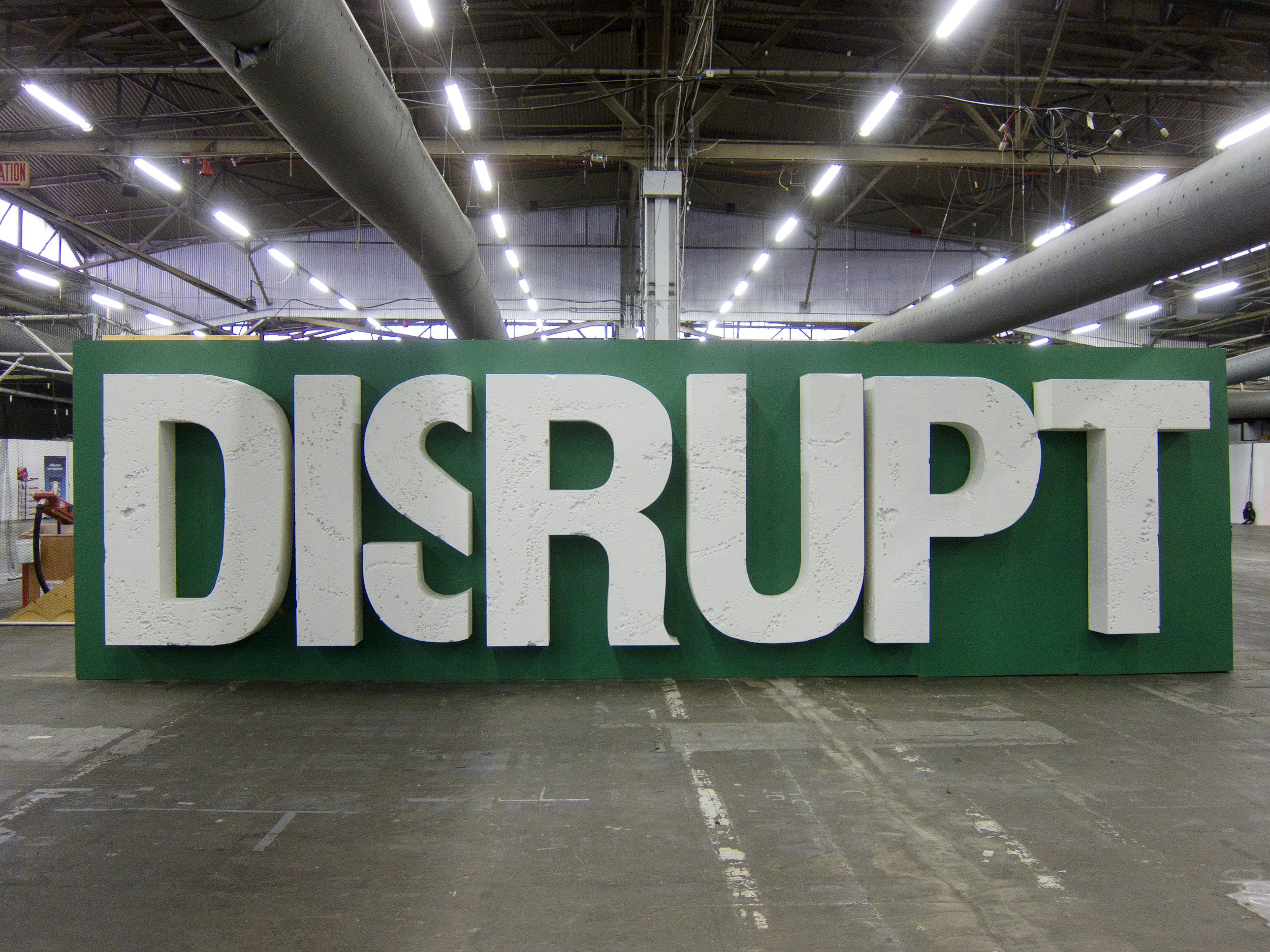Every so often, AOL-owned technology blog TechCrunch publishes a piece written by a contributor that bizarrely declares something that remains in widespread usage to be dead. MG Siegler infamously proclaimed the mouse to be dead in 2010, and later that same year, in the span of a single week, TechCrunch writers astonishingly proclaimed that the phone call, email, RSS, and the MP3 were all “dead”.
Of course, none of those things were dead then, and they aren’t dead now, six years later. Sadly, TechCrunch contributors continue to call things dead, as Romain Dillet did yesterday with this post, titled “Tablets are dead”. Its premise:
In 2010, tablets were supposed to be the new hot thing. Apple released the first iPad, Samsung was working on the Galaxy Tab and countless others were about to flood the market with Android tablets. Six years later, there weren’t any tablets at Mobile World Congress in Barcelona. Companies and consumers have moved on.
Tablets are dead.
Yes, in 2010, tablets were the hot new thing. Perhaps the iPad-inspired tablet craze was a fad. But just because sales of tablets have slowed and companies are no longer racing to put out so many new models doesn’t mean tablets are dead.
Even Dillet admits as much in his post:
First, tablets are now a commodity. You can find dozens of perfectly fine tablets for less than $200. And there’s no differentiating factor between Android tablets. As a result, companies are not making a profit on them. Second, chances are you already have a tablet at home and it’s working fine. There’s no reason why you should upgrade it — it probably runs Netflix, Facebook and the Kindle app. It has a browser and your emails. Long replacement cycles mean you don’t need to pay attention to the new and shiny tablets.
If people are happy with the tablets they have, that could help explain why there are fewer tablet product launches than there used to be. But tablets aren’t suddenly dead just because they have ceased to be a hot new thing.
Yet that is what Dillet seems to be saying:
So it’s time to face the truth. Tablets had a good run, but won’t be around for much longer. The iPad is still selling well, but Apple is trying hard to differentiate the iPad from the iPhone, creating the next generation of laptops.
Tablets aren’t going anywhere, just as laptops, desktops, mice, phone calls, RSS, email, and the MP3 aren’t going anywhere. All of these things will continue to exist. There will still be a market for tablets, and companies will still make them, just as there continues to be markets for paper books, vinyl records, and compact discs.
Hilariously, even after declaring tablets dead, Dillet ended his post with this:
Tablets can still make a comeback. They need to become good laptop replacements, or a digital canvas for artists, or something else. But something needs to change and soon. Current tablets prove that you should never bet against the smartphone.
How can tablets make a comeback if they’re dead, Romain? Way to hedge.
I honestly don’t understand why TechCrunch’s writers have a fixation with pronouncing things to be dead. It’s weird. It would have been easy enough to publish a post suggesting that tablet sales are in decline, and thoughtfully ponder the future of that product segment. But instead of offering thoughtful analysis backed with a nuanced headline, Dillet opted to generate clickbait.
Too bad. TechCrunch is capable of aiming higher, and when it does, it’s a worthy competitor to Ars Technica and other technology sites.

